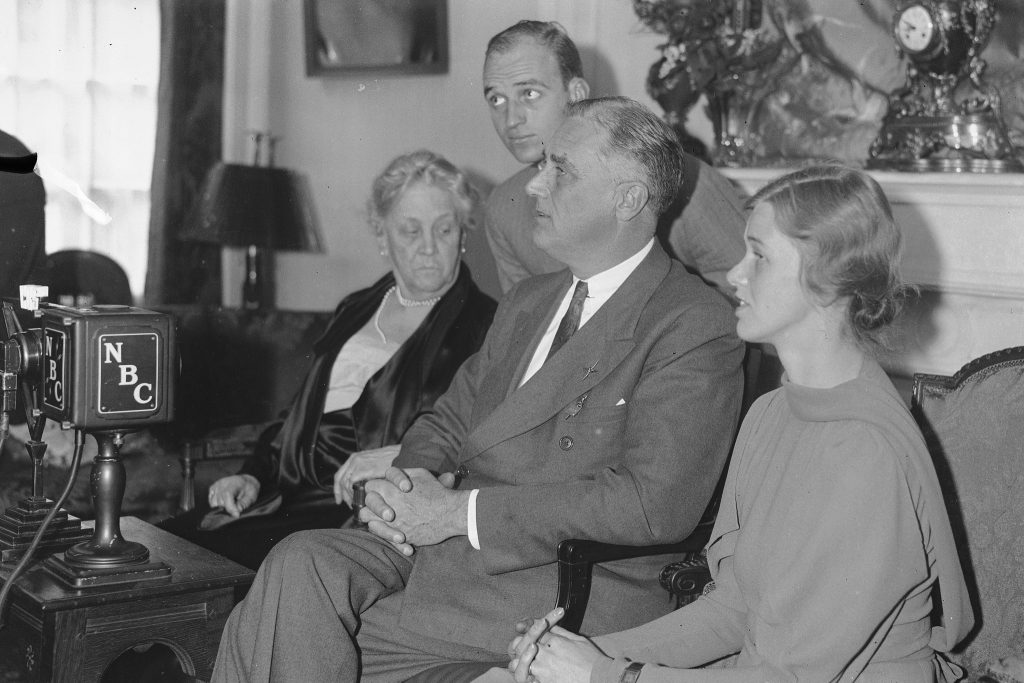
“If You Ask Me: Essential Advice from Eleanor Roosevelt”
by Eleanor Roosevelt, edited by Mary Jo Binker
c.1946, 1974, 2018, Atria Books
$25.00 / $34.00 Canada
245 pages
What should you do?
When relationships break down, what then? Or you lose your job and your bank account is depleted, your home is in foreclosure, you’re a victim of discrimination, what do you do? You ask yourself “What next?” then you reach for help, and with the new book “If You Ask Me: Essential Advice from Eleanor Roosevelt,” edited by Mary Jo Binker, the advice you get might be decades old.
Arguments on immigration, world issues, patriotism, and messy politics. Minority issues, equal pay, family problems, and Constitutional matters. Though these may seem to be problems strictly of the modern age, from 1921 until 1962, Eleanor Roosevelt, wife of our 32nd president, also tackled these same topics in her books and magazine articles. In those 41 years, she ultimately penned more than 600 pieces.
People from every walk of life consulted Mrs. Roosevelt for advice: politicians asked her and women sought her out. Men looked toward her wisdom and, says Binker, she had a particular affection for…
Read more at:
https://rebelliousmagazine.com/what-would-eleanor-roosevelt-do-book/



